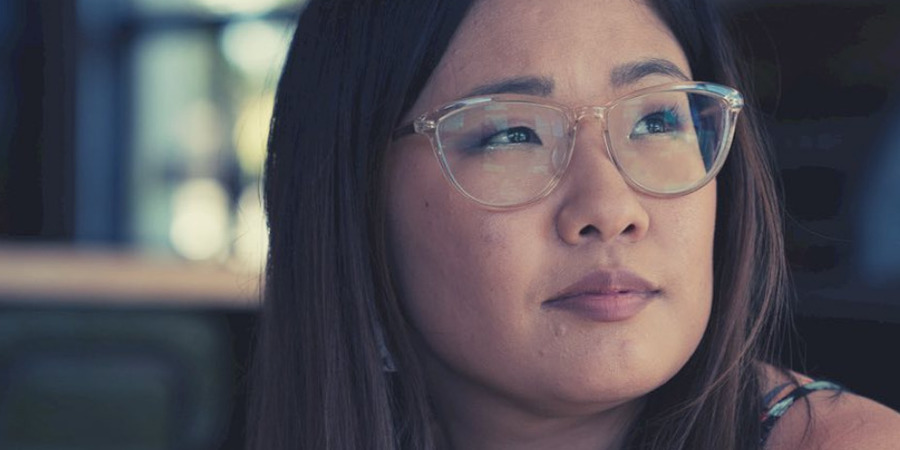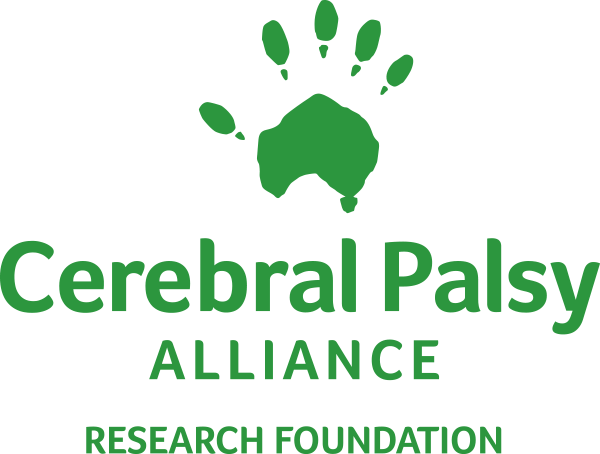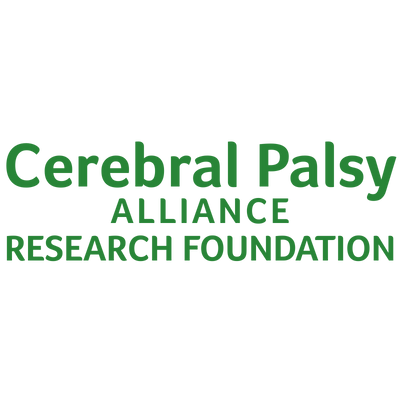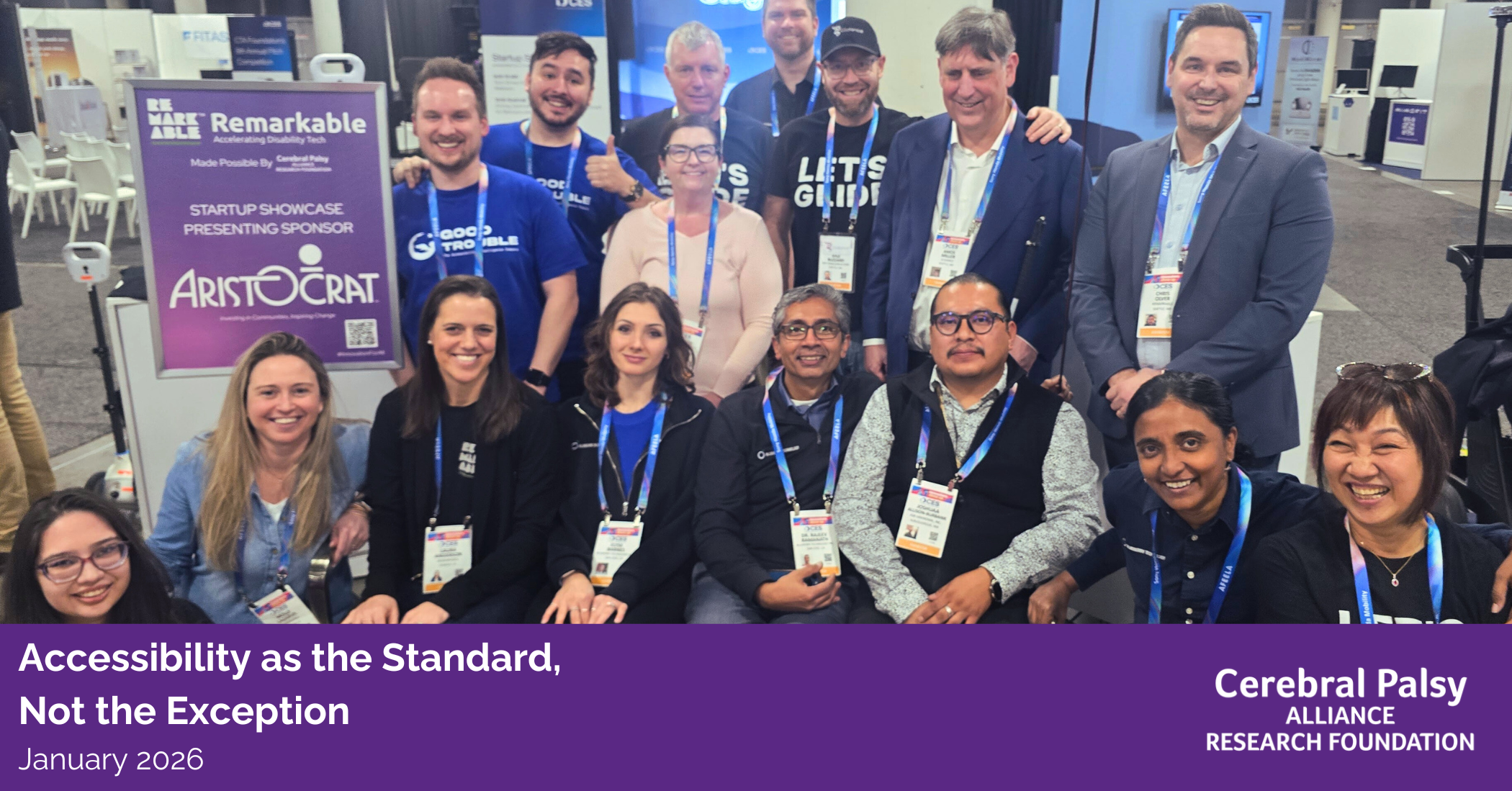
We were thrilled to connect with Lauren on Instagram and learn about her experience as an adaptive fitness trainer and fierce advocate for disabled people. Learn what drove her to choose this path and how she hopes to inspire people with cerebral palsy and other disabilities to move in ways that work for them.
Keeping It Real: Lauren's Story
By Lauren Burke
What role has movement played in your life? How has that changed throughout your life?
Regular movement outside of functional PT was not much of a priority in my childhood but as an adult, exercise has become a primary tool for increased stability and movement as well as overall strength. I call it my other therapy since it also contributes to my daily joy. Experiencing positive results for a nearly two-year period plays a huge role in why I ultimately chose to pursue a fitness coaching certification, and why I focus on disabled and adaptive populations. Greater than my personal success is this idea that I can help create an environment that invites others to thrive in the same way; I want to be the person that I needed when I was younger.
What motivated you to become an adaptive fitness coach?
Fitness should be universally accessible. There are endless different ways that can be accomplished so there's no right way, one way, or "arrival" at full accessibility. Access has to be as fluid and changing as the needs of the community. Traditional gyms, boutique fitness centers, and trainers have a long way to go in moving the needle on physically accessible buildings beyond the minimum ADA requirements. Accessibility also means varied equipment options and programming that can be scaled to a wider range of athletes.
What is the most surprising thing you've encountered doing this work?
What strikes me most, is how uncommon it is to find an adaptive coach with a disability or mobility impairment teaching in a traditional fitness center setting.
So why is that? Well, I think part of that has to do with access to not just fitness itself but, certification and education as well. Just because a piece of paper says I can coach, there's the practicality of whether or not "someone like me" is widely accepted by potential clients, and future colleagues. Is a disabled coach marketable? Accepted? Desired? All questions that, in my opinion, should not even be questions. There's also a fundamental lack of continuing education materials for all trainers when it comes to working with movement disorders or other disabilities and risk factors. They are minimally covered because fitness (like most other things) is a for-profit industry. There ARE trainers who really do want to engage (I'm grateful enough to know some of them) but, they are few and far between and the resourcing to help them just is not there.
Tell us more about what accessible fitness means to you and what it can mean for disabled people on a wider scale.
Shifting this paradigm means that people with disabilities have a voice as consumers of a product that people mistakenly assume we don't want or need. Exercise and movement beyond medically prescribed therapy is proven to provide incredible benefit to those with cerebral palsy and other impairments. I hope that society begins to realize that cerebral palsy is not a monolith, nor is disability at large. Many with CP are able to live independently, engage in meaningful career work, start families, and do many of the things that non-disabled people often assume aren't possible for us – and exercise is a piece of the puzzle that helps increase daily function in those areas.
What is one thing (or what are some things) you wish other people knew about cerebral palsy?
The fact is, disability is the only community that you can join at any given time, but no one thinks about it until they are faced with that reality. Cerebral palsy is the most common movement disorder with 18 million people experiencing it in some form, globally. Yet, so little is publicized and so, concentrated research and access to care fall way behind, and that includes integrative exercise as a treatment option. It's why so many adults with CP feel forgotten; so much emphasis is put on early intervention but, we grow up to be adults that have evolving needs and desires too.
What are some of your biggest motivators?
Self-love, changing the narrative, and empowering others with CP to experience that too. It took me a long time to accept that my CP was here to stay. I face the conscious choice to accept however my cerebral palsy shows up when I wake up every day. I have not arrived at acceptance just because I speak publicly about CP, or because I'm trying to be a small part in changing the fitness industry. It's not an inspirational story. It's the only way I've ever known how to live. Some days are great. Some feel insurmountable. But if one person with cerebral palsy feels seen or is able to take a step in their own journey because I am able to keep moving forward, then…that is worth it.
*Lauren's story is part of KEEPING IT REAL — a series of personal stories that will take you deeper into the lives of people with CP. Each person makes different choices based on what works for them, and we’ll showcase that — highlighting what life is like for them on a daily basis, what they care about, and the ways CP impacts them.
The KEEPING IT REAL blog is intended solely to raise awareness about the varied human experience with cerebral palsy and shouldn't be read or construed to contain any medical advice, medical endorsement, or other endorsement by Cerebral Palsy Alliance Research Foundation. Only you and your doctor know what's best for you. Please consult your doctor for medical advice.
Fri 23 Jan 2026
An update on one of our most important initiatives: expanding access to life-changing assistive technology for Native Americans with disabilities.
Fri 05 Dec 2025
An update on one of our most important initiatives: expanding access to life-changing assistive technology for Native Americans with disabilities.



